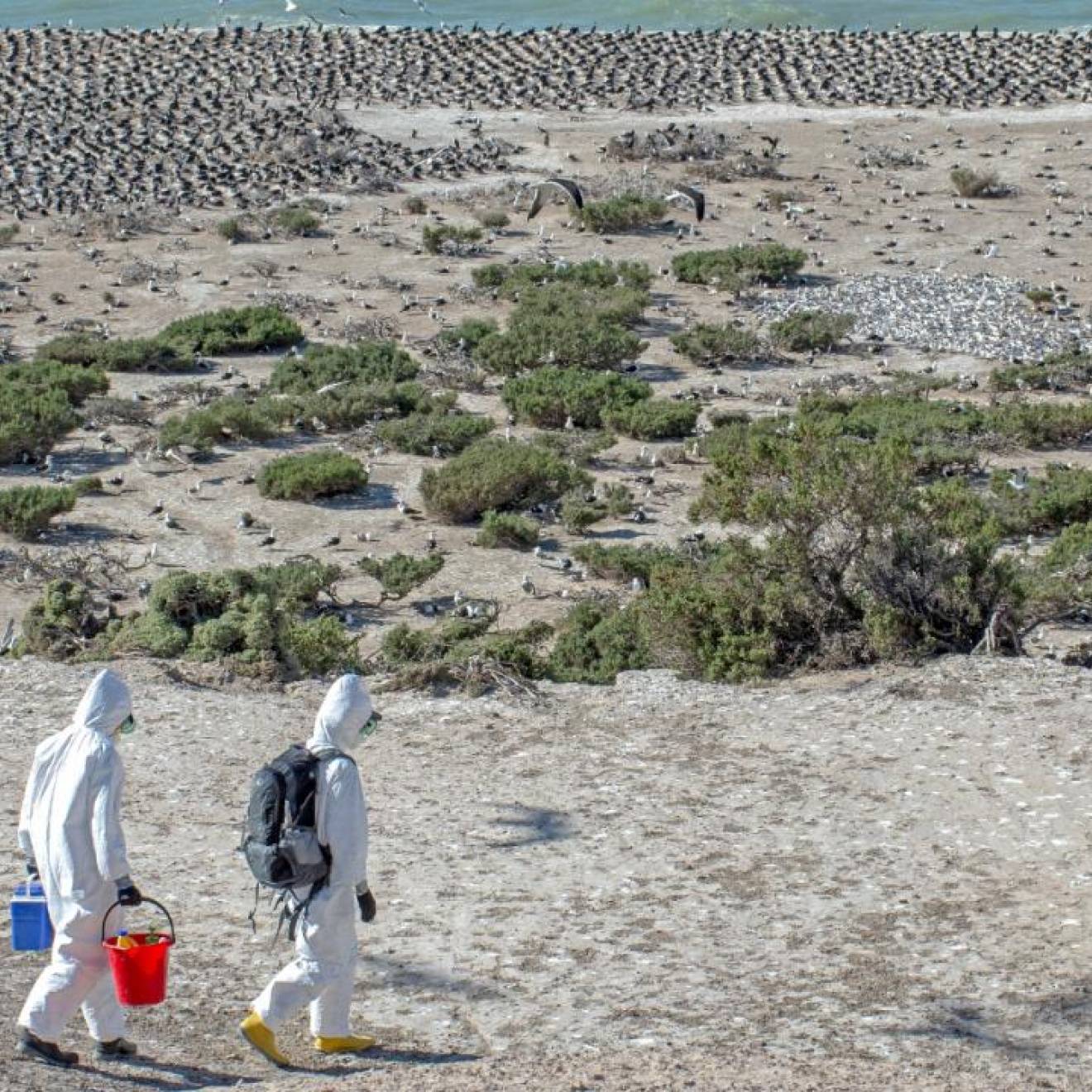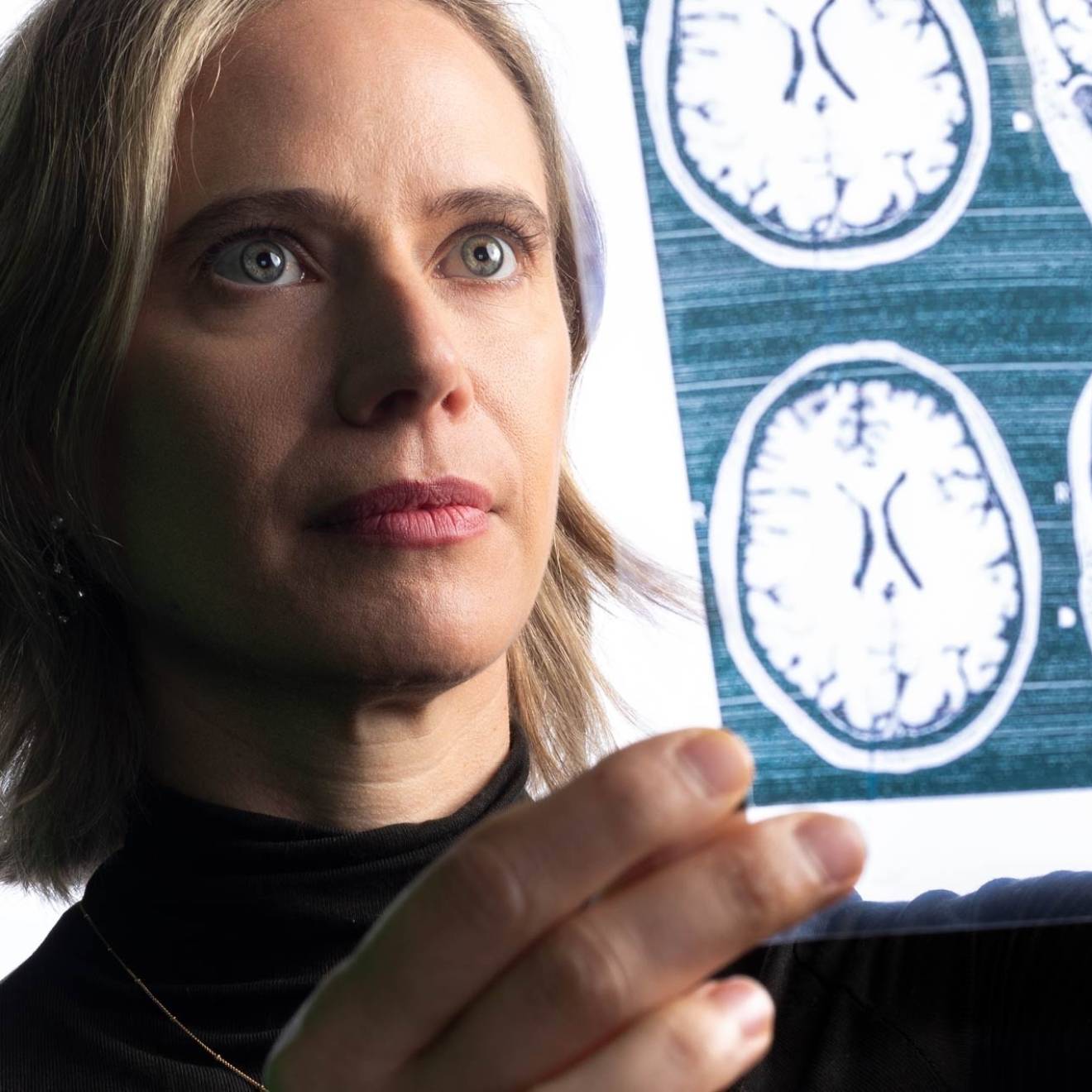Sarah Yang, UC Berkeley
A gene that helps the body convert that big plate of holiday cookies you just polished off into fat could provide a new target for potential treatments for fatty liver disease, diabetes and obesity.
 Researchers at the University of California, Berkeley, are unlocking the molecular mechanisms of how our body converts dietary carbohydrates into fat, and as part of that research, they found that a gene with the catchy name BAF60c contributes to fatty liver, or steatosis.
Researchers at the University of California, Berkeley, are unlocking the molecular mechanisms of how our body converts dietary carbohydrates into fat, and as part of that research, they found that a gene with the catchy name BAF60c contributes to fatty liver, or steatosis.
In the study, to be published online Dec. 6 in the journal Molecular Cell, the researchers found that mice that have had the BAF60c gene disabled did not convert carbohydrates to fat, despite eating a high-carb diet.
“This work brings us one step forward in understanding fatty liver disease resulting from an excessive consumption of carbohydrates,” said the study’s senior author, Hei Sook Sul, professor at UC Berkeley’s Department of Nutritional Science and Toxicology. “The discovery of this role of BAF60c may eventually lead to the development of treatment for millions of Americans with fatty liver and other related diseases.”

